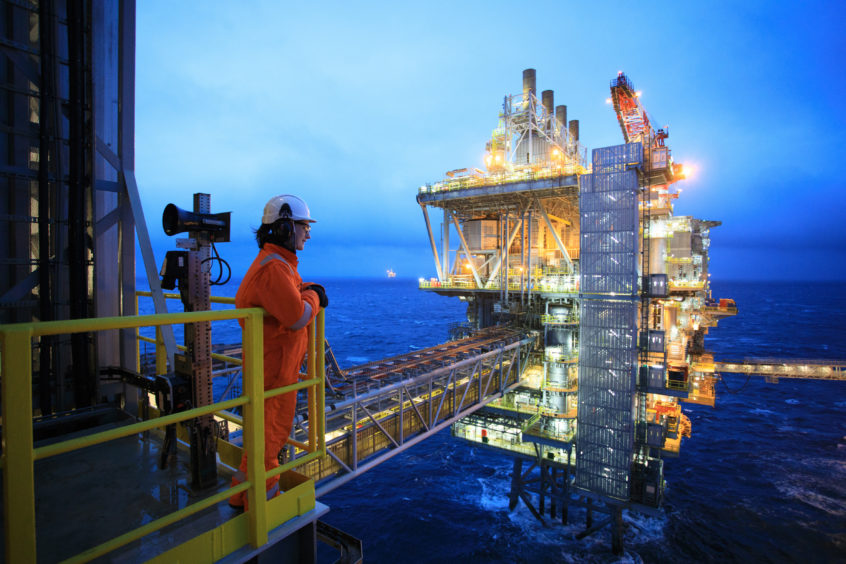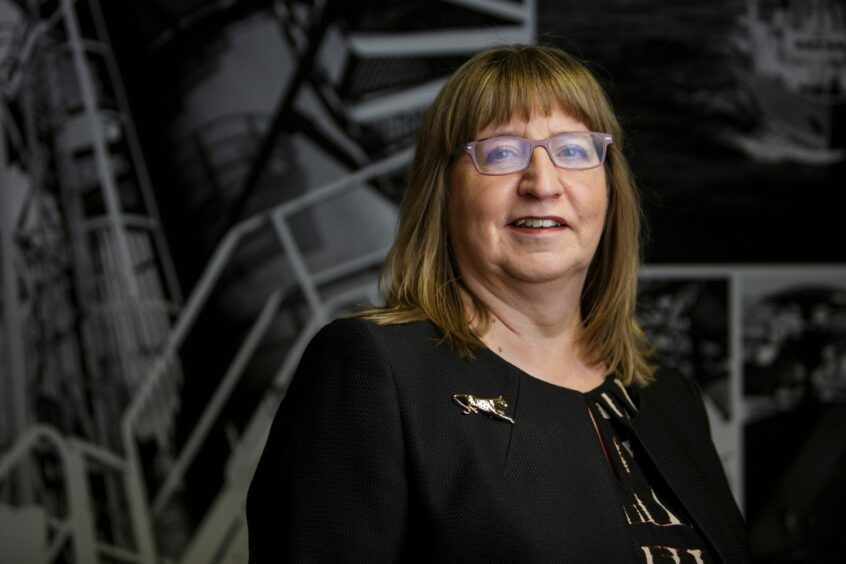
Offshore Energies UK is asking the offshore workforce to answer its survey on diversity and inclusion in the sector.
The trade body recently shared with Energy Voice that the representation of women offshore has remained “stubbornly static” in recent years.
Put together by OEUK’s Diversity and Inclusion (D&I) Task Group, the survey looks to gather feedback on data relating to the age, gender, ethnicity, religion, sexual orientation, disability and social mobility of employees in the offshore energy workforce.
‘Pinpointing areas for improvement’
Alix Thom, workforce engagement and skills manager for OEUK, said: “The aim of our 2023 survey is to assess the rate of progress and change in workforce perception since our initial D&I survey in 2021.
“It will help us identify opportunities to share good practice, while pinpointing areas for improvement.”
Looking to gather “the holistic voice of the industry”, responses will be used by the trade body to find out the actions that will have the most impact on driving inclusivity offshore.
The anonymised and confidential survey is available to those employed in the UK offshore energy industry in organisations covering operator, supply chain and manufacturing communities.
Ms Thom added: “As we accelerate the move to low carbon energy, we need to find ways to unlock the full potential of our talent pool and access a diversity of thinking.
“This approach improves the quality of decision-making by bringing multiple perspectives to the table, boosting our problem-solving skills so we can rise to the challenge of delivering net zero by 2050.
“However, organisations can only take full advantage of the perspectives of a diverse workforce if employees enjoy a sense of inclusion, which is why this survey is so important as a catalyst for change”.
Diversity to support ‘the offshore energy sector’s expansion’
OEUK says it will distribute the questions to its member companies and industry workgroups, including its D&I Task Group.
Alix Thom explains “Embracing diversity helps to attract and retain talented people.
“This means that inclusive and collaborative ways of working are key factors in supporting the offshore energy sector’s expansion into clean energy.”
In a recent conversation with Energy Voice OEUK said that the representation of women in offshore roles has remained at around 3.4 – 3.6% “for years.”
Representation across the UK energy sector has been a recurring issue with POWERful Women releasing its Annual State of the Nation report in May, finding that 21% of energy companies in the country have no female representation on their board of directors.
Developed in collaboration with Brook Graham, a global consultancy firm specialising in D&I, the survey can be accessed here.
Recommended for you


 © Supplied by OEUK
© Supplied by OEUK